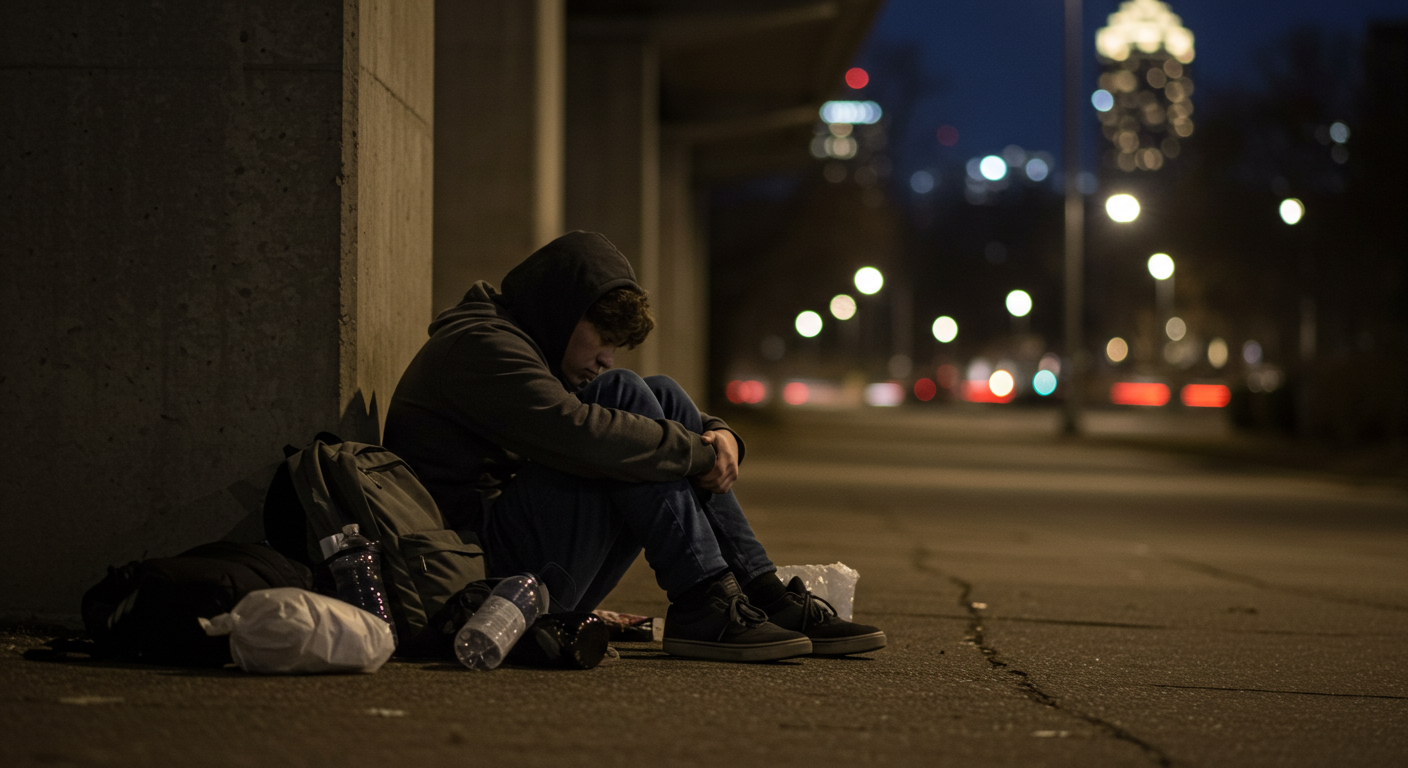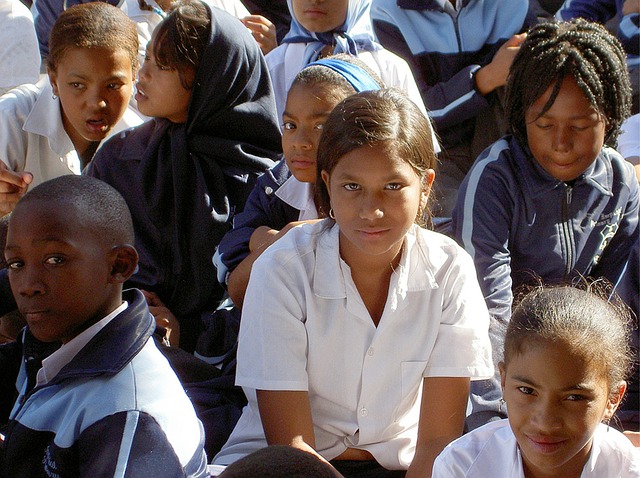Mental health support for vulnerable teens is urgent—not optional.

Mental Health and Homeless Youth
Homeless youth walk among us daily—their cries loud, their presence undeniable. Yet somehow, society continues to look away. Whether out of helplessness or discomfort, we’ve collectively chosen not to see. As a result, the crisis grows deeper, especially for teens whose childhoods have been replaced by fear, trauma, and uncertainty.
Many of these young people come from broken homes. Some were abandoned, others rejected—often due to their gender identity, sexual orientation, or family conflict. Others aged out of the foster care system or fled abuse, only to find that the streets of Atlanta are just as harsh.
Mental Health and Homeless Youth in Atlanta
The problem is especially urgent in Atlanta, Georgia, one of the largest hubs for child sex trafficking in the country.
Many teens in the city suffer from untreated trauma—compounded by violence, poverty, and systemic neglect. According to Georgia State University, over 3,300 youth are currently homeless in Atlanta. But the number doesn’t capture the emotional toll or mental scars these kids carry.
These are youth of all races and economic backgrounds. They may look like your child’s classmate, your neighbor, your friend’s kid. They are scared, vulnerable, and struggling with depression, PTSD, anxiety, and suicidal thoughts.
Why Mental Health Is a Growing Concern
Homeless teens experience trauma on a daily basis—exposure to drugs, abuse, exploitation, violence, hunger, and loneliness.
Transgender youth and LGBTQ+ teens are especially at risk. They face higher rates of assault, bullying, and mental health decline, yet often have nowhere safe to turn.
This puts homeless youth at the top of the list of those who need mental health support—yet, they remain at the bottom when it comes to receiving it.
Organizations Making a Difference
Here are a few groups turning concern into real action in Atlanta:
StandUp For Kids
Founded in 1990, this national nonprofit works directly with homeless youth—providing hygiene supplies, food, clothing, and emotional support. Volunteers hit the streets at night, ensuring no teen is left in the dark.
Lost-n-Found Youth
Focused on LGBTQ+ youth up to age 25, this group offers a 90-day housing program, resources for permanent placement, and critical life-skills support. They don’t just offer shelter—they help rebuild futures.
Young People Matter (YPM)
This nonprofit is committed to rescuing young girls—especially in high-risk areas like Pittsburgh (Atlanta)—from sex trafficking and abuse. Their mission centers on safety, rehabilitation, and empowerment.
Time to Face the Reality
Atlanta must wake up. These are our children, and they are slipping through the cracks. The conversation can’t stop at concern. It needs to evolve into policy change, increased funding, community engagement, and support systems that actually reach the streets.
The question isn’t: “Why should we help homeless youth?”
The real question is: “How can we not?”

